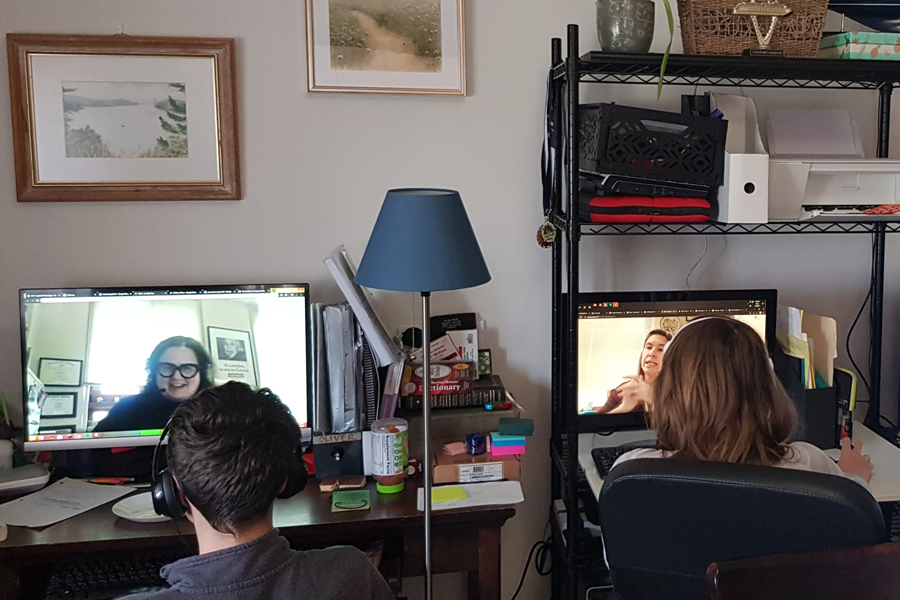TRANSFORMATIVE & STRATEGIC FORESIGHT
What is
Futures Thinking
“It is better to be surprised by a simulation
than blindsided by reality.”
– Jake Dunagan
Futures Thinking (FT) – or alternatively referred to as transformative and strategic foresight – is the understanding of alternative (possible, probable, and preferred) futures and the worldviews and myths that underlie them.
Futures – We refer to this domain in the plural because it is not possible to accurately imagine the ‘one’ correct future. Instead, reality would likely be a mix of attributes of alternative futures.
Key Highlights:
- FT is not about predicting the future.
- FT is about better preparedness for different futures that are all possible and plausible.
- FT is about using the futures, how it’s imagined, how it’s thought about, how it’s realised, to change the present.
- Thinking about the future is not about being right or wrong, it is a way of inspecting our beliefs, disrupting the constraints of current conceptions and revealing assumptions about what we believe can and cannot happen.
- FT helps us to get a better and systemic understanding of change in the world around us and our organisations.
(1) Tangible Business Value
Future preparedness to the right level for the pace of change in and around an organisation’s industry helps the business systematically build superior positions in markets of the future, thereby ensuring growth and longevity. Some studies show that future-prepared firms are, on average, 33% more profitable than the average (Rohrbeck, Etingue Kum, Jissink & Gordon, 2018).
(2) Preparedness for Disruption
Most organisations operate with a business as usual mindset, and only start to think about the future when something difficult happens or when they miss an opportunity. But business as usual only works in a world that does not change. With all the social, technological, economic, ecological, and political changes that happen constantly, organisations need to prepare themselves.
Futures Thinking helps businesses anticipate emerging issues and weak signals that may derail strategic plans and policies.
(3) Challenge Assumptions
Futures thinking is exceptionally useful in questioning our assumptions to make sure they are sound. Throughout history, we have seen giant corporations like Nokia and Kodak fall from grace due to an inability to imagine a future that is different from their assumptions.
It provides organisations the skills and mindsets to imagine multiple futures, to hold them against multiple interpretations, and to be able to hold conversations about them. This creates flexibility in decision-making by moving from a focus on one future to an analysis of alternative futures. For example, situations like COVID-19 have challenged many of our assumptions around work, education, retail, F&B, healthcare and social interactions.


(4) Better Decisions and Strategies
Futures thinking helps all types of organisations build more robust decision making processes and strategic plans by:
Helping leaders look further
Moves leaders from the day-to-day operational considerations of management to the longer-term transformative dimensions of leadership.
Providing leaders new ways to see problems and cause and effect relationships
Moves from narrow problem-solving approaches to broader and deeper systemic and trans-disciplinarian perspectives and solutions.
Helping organisations find alignment
Seeks to ensure that the inner stories of organisations are linked to systemic strategies.
Helping organisations turn risks into opportunities
Reduces risk by understanding the worldviews of multiple stakeholders. This moves decision-making from risk avoidance to risk reduction to risk management to opportunity and innovation creation.
